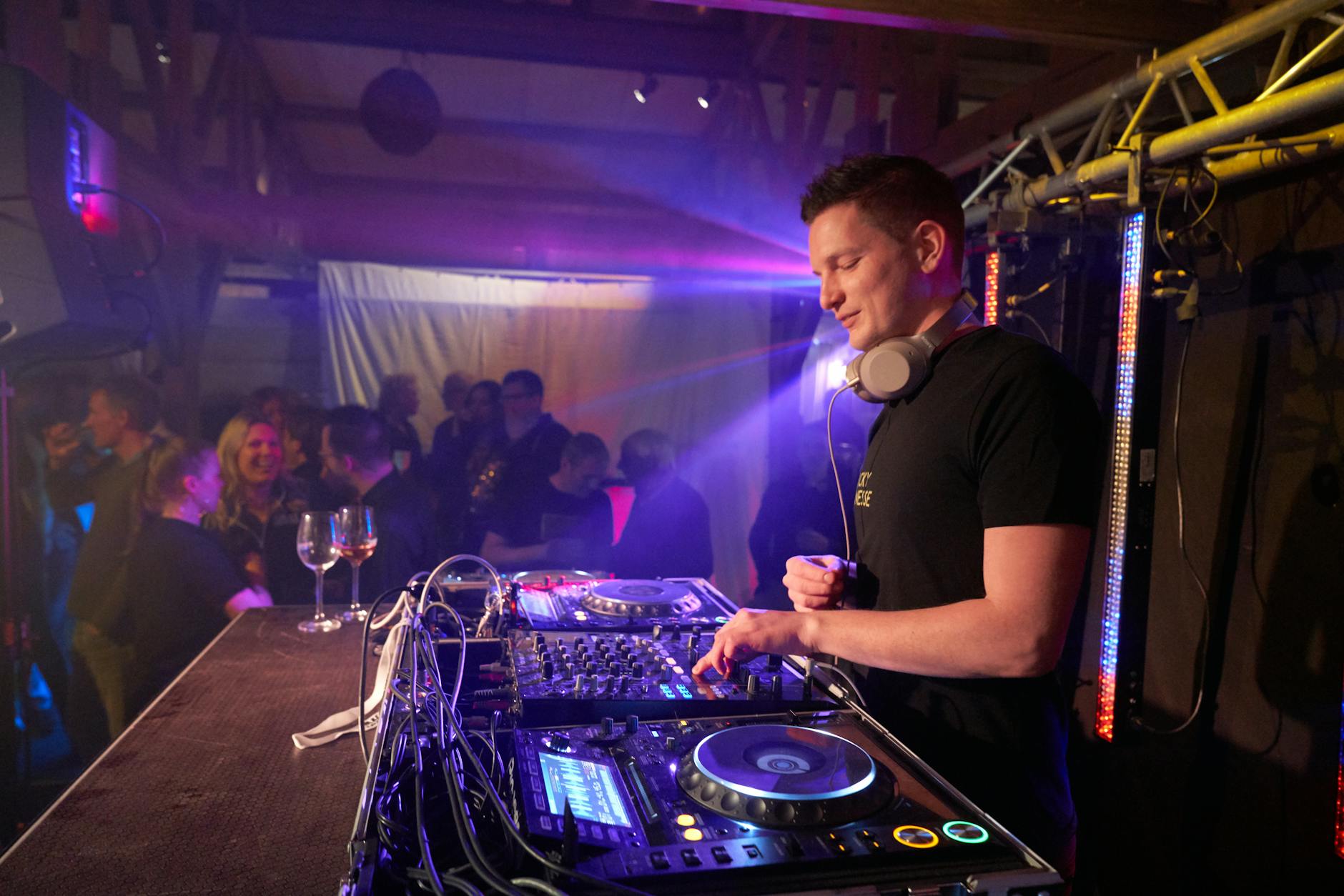AI-generated music isn’t just a novelty anymore—it’s a full-blown disruptor shaking the foundations of the music biz. Viral AI tracks are racking up millions of streams, and that’s not just a flex; it’s a threat to the traditional creator economy. Musicians and labels are staring down a brutal dilemma: how do you protect copyrights and secure fair payouts when the “artist” might be a code-driven algorithm? The stakes are high—CISAC warns that human creators could lose over 20% of their income in the next few years as AI music scales from a $3.3 billion market to a projected $71 billion by 2028, with tech giants poised to pocket most of that cash[1]. Meanwhile, streaming platforms face mounting pressure to overhaul content ID and royalty systems or risk alienating both artists and listeners who feel the system’s rigged. For artists, AI is a double-edged sword: it democratizes music creation, slashing costs and lowering barriers, but it also floods the market with cheap, scalable AI content that dilutes the value of original work and threatens jobs in composing, producing, and engineering[3][4]. Labels and AI companies are the clear winners here, leveraging AI’s efficiency to dominate playlists and marketing, often at the expense of independent musicians struggling for scraps[2]. The industry’s next moves—whether tightening licensing laws, innovating royalty splits, or embracing blockchain for transparency—will determine if human creativity remains a premium or just another variable in the AI algorithm. So here’s the kicker: in a world where AI can mimic, remix, and mass-produce hits, what’s left for the human artist to claim as uniquely theirs?
Source: IOL
Image: Pexels

